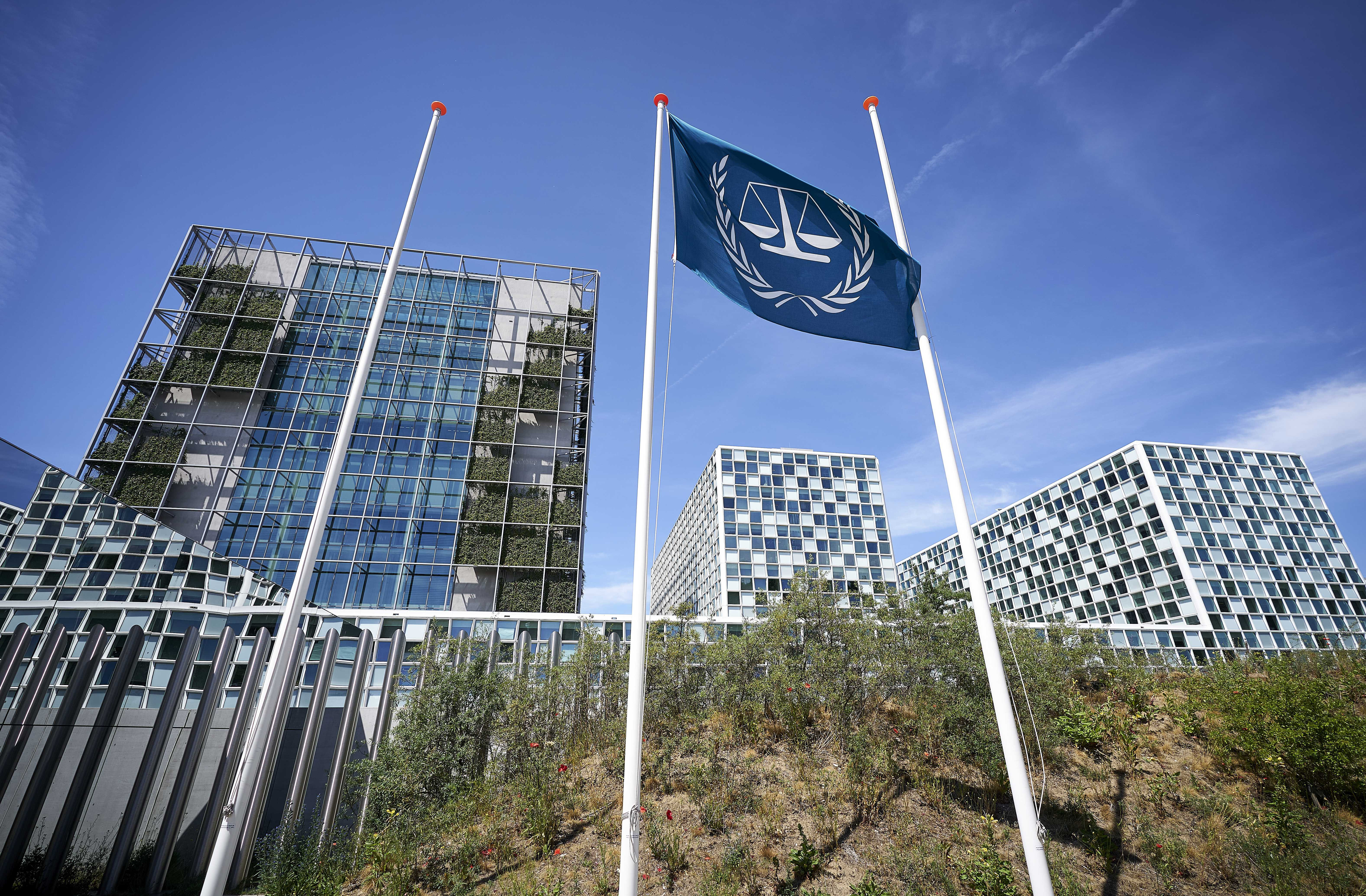Human Rights
Rome Statute: 25 Years Later

Außenansicht des Internationalen Strafgerichtshofs (IStGH).
© picture alliance / ANP | "Phil nijhuis"The foundation stone for the International Criminal Court was laid with the adoption of the Rome Statute 25 years ago. It ended thousands of years of impunity for the most serious crimes and paved to way towards a global culture of justice. However, despite its success, the anniversary celebrations are restrained: the International Criminal Court cannot yet develop its full potential as it depends on the political will of states.
Is the adoption of the Rome Statute 25 years ago a reason to celebrate? The final document of the negotiations in Rome was definitely a success for the rule of international law. The International Criminal Court (ICC) put an end to the millennia-old culture of impunity for the most serious crimes. A permanent International Criminal Court was created. To date, 123 states have signed the Rome Statute. Almost all of them have also transposed the international crimes outlined the Rome Statute into their national legal systems. In Germany, the Code of Crimes against International Law (CCAIL) became law in 2002. This means that international crimes can be prosecuted in national courts. Since then, a global legal culture has slowly been developing.
The Rome Statute is based on the principle of complementarity. It states that a national jurisdiction must primarily prosecute international criminal offenses. One example is the criminal complaint filed by Sabine Leutheusser-Schnarrenberger and Gerhart Baum against Russian rulers and generals with the Federal Public Prosecutor General in Karlsruhe. Sufficient evidence had already been gathered in the first weeks of the Russian war of aggression against Ukraine to document war crimes and crimes against humanity committed against the Ukrainian civilian population by the Russian military. Never before had evidence been collected so early and professionally by various investigative teams in a war.
Aggression in the world
At the same time, Russia's war of aggression against Ukraine has demonstrated that international law has not yet succeeded in "contributing to the prevention of such crimes", as stated in the preamble to the Rome Statute. Numerous current and previous wars and armed conflicts around the world have not been prevented. The International Criminal Court is not yet able to fulfill its potential. This is due to a variety of political factors. In the end, the ICC is only as strong as the community of states parties allows it to be, whether in terms of funding or cooperation with the Court.
The latter is particularly evident in the case of arrest warrants that are issued but all too often not executed. As a state party to the Rome Statute, South Africa is confronted with the ICC's arrest warrant against Vladimir Putin at the upcoming meeting of the BRICS states in August. If the Russian president were to come to Johannesburg in person, he would have to be arrested upon landing by the South African authorities and extradited to The Hague.
The political will is also lacking when it comes to the crime of aggression. The prosecution of this fundamental international crime by the ICC is subject to so many legal conditions that its application is practically impossible. In addition, the ICC is weakened by the fact that major states, namely China and Russia, but especially the USA, still have not ratified the Rome Statute.
Dependent on political will
In light of this political reality and against the backdrop of the war in Ukraine and the armed conflicts in Sudan and elsewhere, the 25th anniversary of the Rome Statute may not be a cause for celebration. The celebrations of the community of states parties in New York, which the German Foreign Minister Annalena Baerbock attended, seem almost disconcerting.
Still, one thing remains clear: the Rome Statute marked a turning point for international law. Since its inception, the ICC has gained considerably in stature and international attention. Its success depends first and foremost on the political will of states to cooperate. But after 25 years of the Rome Statute, one positive message is louder than ever: the International Criminal Court does exist. And it is here to stay.
